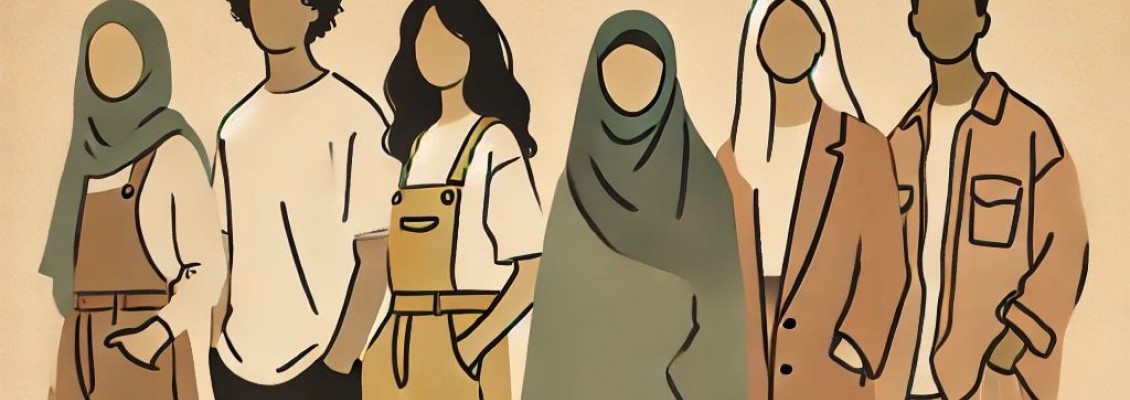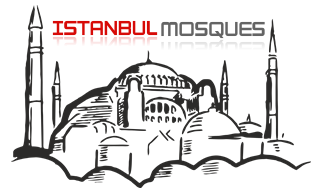
RACISIM EXPRIENCES, THOUGTS AND FEELINGS
As someone who spent most of my life in Turkey, one of the first things that struck me when I went to Europe was racism. I witnessed many incidents that hurt me deeply, moreover I personally experienced some as well. Before going, I hadn’t realized how much awareness I needed to have about this issue. Because, even though I was born and raised in Turkey’s capital, the concept of racism was something very new to me and to Turkish society in general because the Ottoman Empire never had colonies or colonial agenda.
The first time I ever heard about racism was when I was 13, after watching an American news report. I still remember it vividly—just as many others might. In the report, a young girl named Zianna Oliphant was speaking at the Charlotte City Council. She said, “We are treated differently because of our color, and that’s not right.” I remember thinking, “Of course, no one should be treated differently because of their race. But why would anyone do that in the first place?”
At that time, Turkey was sending aid to Somalia and welcoming many international students into its high schools and universities. In my hometown, there was a university dormitory, and whenever a Black student arrived, the locals would greet them warmly—hugging them, introducing them to their children, and even taking pictures together. Seeing this, I kept asking myself, “Aren’t they already treated well? Why is this girl making such a statement? Why are people crying as she speaks?”
Years later, I came to realize that life wasn’t as simple or rosy as I once believed. People carried heavy burdens—wars and poverty had displaced countless individuals, forcing them to seek new places to call home.
Every country has its own history of racism, shaped by economic, cultural, and social factors. Sometimes, these divisions stem from class struggles or deep-rooted prejudices. Over time, such tensions have placed immense strain on societies, influencing the way people perceive and treat one another.
While I am firmly against racism, I also recognize the social and economic challenges that countries face. When different cultures come together, misunderstandings can arise—it’s natural for people from diverse backgrounds to struggle with adapting to one another. However, that does not mean we should target individuals or blame migrants for these difficulties. The real issue is not the people themselves but the systems and mindsets that foster division and resentment.
The solution is not to assign blame but to seek common ground. Everyone deserves the same rights, the same dignity, and the same opportunity to build a future. After all, no one—absolutely no one—wants to live as a refugee or a migrant. Having a safe home where one’s family and future are secure is not just a privilege but a fundamental human right and a universal aspiration.
s a Turkish student wearing a headscarf in Europe, I have experienced racism many times. I’ve been yelled at, had my headscarf pulled, looked down upon, and sometimes even completely ignored. Each time it happens, I can’t help but think about what migrants and refugees go through every single day—what they feel, what they endure, and what they silently accept. The weight of that thought sits heavily on my heart.
Because at the end of the day, I know I can always return home—to a place where I feel safe, to the warmth of my family. But they don’t have that option. They are forced to live with this reality for a lifetime. Even though they are not responsible for wars or the consequences of past colonialism, they are the ones who must bear the burden. They are pushed aside, made to feel invisible, and left to struggle with anxiety and a loss of confidence.
On the other hand, Islam is absolutely against racism. Allah says in the Quran:
“O humanity! Indeed, We have created you from a male and a female and made you into races and tribes so that you may know one another. Surely, the most honorable among you in the sight of Allah is the most righteous of you.” [Qur’an 49:13]
In this verse, Allah highlights three fundamental truths for all of humanity:
Firstly: The origin of all humanity is the same. Our entire species descends from a single man and woman. Every race that exists today is merely a branch of that original lineage, stemming from one common mother and father. In this process of creation, there is no basis for division or distinction. Allah alone is our Creator—no group of people was formed by a different god, nor was anyone made from a purer or superior substance. We are all created from the same essence, equal in our humanity.
Secondly; Although humanity shares a common origin, it is natural that we have been divided into nations and tribes. As our population grew, countless families emerged, eventually forming tribes and, later, entire nations. Likewise, as people settled in different regions of the world, differences in skin color, physical features, languages, and ways of life naturally developed. Those living in the same region formed closer bonds due to shared experiences and environments.
However, these natural differences were never meant to justify distinctions of superiority and inferiority. No race has the right to claim dominance over another, nor should people of one color look down upon those of a different color. No nation is inherently superior to another. Allah created human communities as diverse nations and tribes not for division, but as a means of mutual recognition, cooperation, and organization. This diversity allows for the formation of brotherhoods, communities, and societies that work together to build a common way of life and contribute to the world.
Thirdly, the only true basis for superiority among people is moral excellence. Being born into a particular country, nation, or family is purely accidental and holds no real significance in determining a person's worth. Therefore, there is no rational reason for one person to be considered superior to another based on these factors. True superiority lies in one’s God-consciousness, in avoiding wrongdoing, and in following the path of piety and righteousness.
The Prophet (peace be upon him) also emphasized this message. During his Farewell Pilgrimage, he declared:
“O people, be aware: your God is One. No Arab has any superiority over a non-Arab, and no non-Arab has any superiority over an Arab. No white person has any superiority over a Black person, and no Black person has any superiority over a white person—except on the basis of piety.”
Prophets like Muhammad, Jesus, and Moses were born and lived in the Middle East. Yet, despite this, some churches in the West once refused to accept Black people. This makes me wonder: What if the prophets had been Western? Would we, in today’s world, even have had the chance to be Muslim?
But today, the focus must be on breaking down barriers. When a white person embraces Islam, they also embrace all humanity as equals no matter where they are from or what their skin colours are.

Leave a Comment